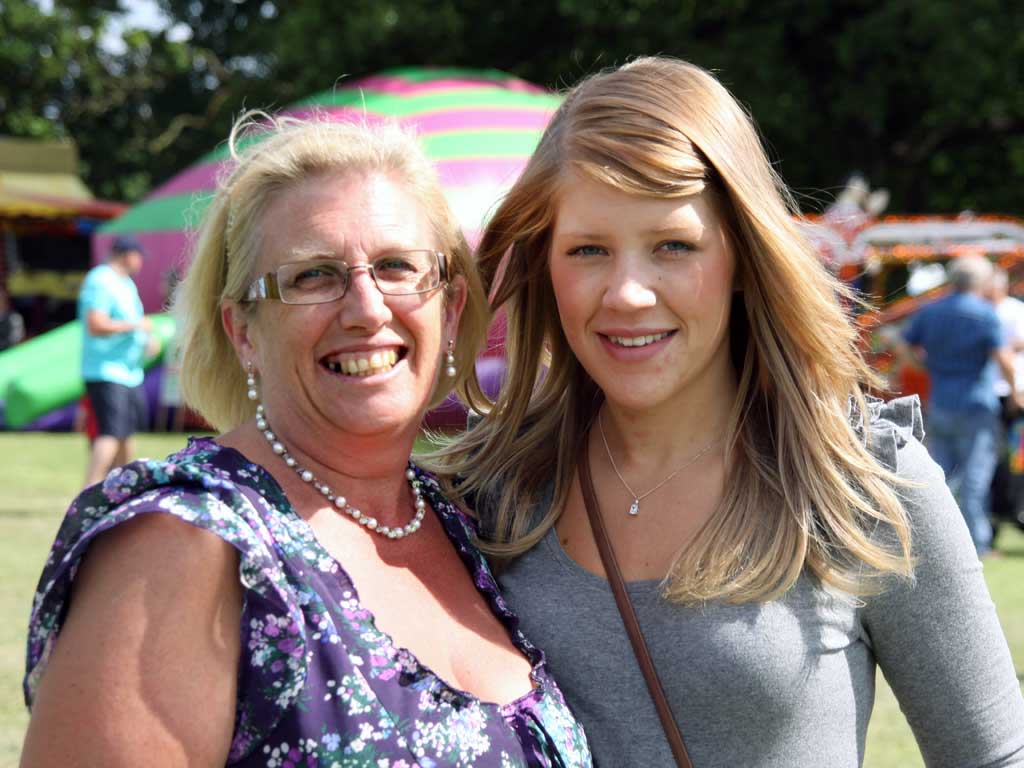Most GPs can't recognise signs of Alzheimer's
Early treatment alleviates symptoms but only 37 per cent of doctors are trained to identify it

Dementia will kill one in three people over 65, but a survey of GPs reveals that almost two-thirds admit they are not properly taught to recognise the signs of it.
Only 37 per cent of GPs say they have adequate basic training on dementia, according to research by the Alzheimer's Society. As a result, just 43 per cent of people with the condition are diagnosed, leaving hundreds of thousands of patients untreated, the charity claims.
Around 800,000 people in the UK have a form of dementia, costing the economy more than £23bn every year. In less than 10 years, it is estimated that a million people will be living with the condition, rising to 1.7 million by 2051. If dementia is discovered and treated early, the onset of the worst symptoms can be delayed, giving people a better quality of life.
The Alzheimer's Society also found that 75 per cent of GPs wanted to know more about the management of behavioural symptoms of the disease. The survey of 382 GPs was commissioned ahead of Dementia Awareness Week which begins tomorrow.
Diane Abbott, Labour spokesperson on public health, said: "This is alarming, because we've got an ageing population with a higher incidence of Alzheimer's than ever. If dementia is caught early people can still have a high quality of life. But, if most GPs don't feel trained to deal with it, that's very worrying news for Britain's elderly and their families."
Poor diagnosis rates can also be attributed to the embarrassment and fear that prevents some patients from coming forward. When asked what the barriers to identifying the disease were, 65 per cent of GPs said "many people with dementia do not present to general practice" and 66 per cent also cited the stigma attached to the disease as putting patients off visiting their doctor.
Allan Grogan, 70, from the Wirral, took his wife, Mavis, 67, to the doctor in 2006 when she first showed symptoms, but the GP dismissed her unusual behaviour as "no cause for concern". A year later she was diagnosed with Alzheimer's and now she is in full-time care in a nursing home.
"She was telling the same stories, and doing little things such as wearing her coat inside the house ,or putting the dishes and cutlery in funny places," said Mr Grogan.
"We were worried about it and took her to the GP and he said there was no cause for concern. It was only when we went back a second time that it was taken seriously."
Dr Alex Turnbull, a GP from Wigan, said: "Having a diagnosis of dementia as early as possible is really important, allowing people to plan for the future as well as to access support and potential treatments. But it is also vital that, as GPs, we get the support and information we need to help people to the best of our ability."
An online learning tool to help GPs tackle the problem is being launched this week by the Alzheimer's Society and the British Medical Association.
Jeremy Hughes, chief executive of the Alzheimer's Society, said: "Currently, only 43 per cent of people with dementia get a formal diagnosis. This could be for several reasons, including stigma and lack of awareness in the general public, as well as people not visiting their doctor.
"We need to support GPs as much as possible as they have a vital role to play in diagnosing and supporting people with the condition."
Case study: 'It was frustrating: it was such a hard fight just to be diagnosed'
Heather Roberts, 57, from Derby, a former lecturer
"I was 50 when I was diagnosed with Alzheimer's, a good three years after I first told a GP my symptoms. My grandmother had dementia and I started recognising the same signs in myself. My brain was very, very sluggish. I was a college lecturer and have a degree in computing, but I suddenly found myself struggling to add two numbers together.
Everyone said I was too young. My first memory test showed I was functioning slightly above average, which they said was fine. A year later, I'd dropped to below average and it was dismissed as a bad day. On the third test, there was a huge drop and finally I was told, 'Yes, you probably do have Alzheimer's'. I was given treatment and my memory is significantly better now. It was frustrating that it was such a hard fight to be diagnosed. GPs aren't trained enough in this and I don't see it improving. My new GP is sceptical even though I have a written diagnosis."
Join our commenting forum
Join thought-provoking conversations, follow other Independent readers and see their replies
Comments